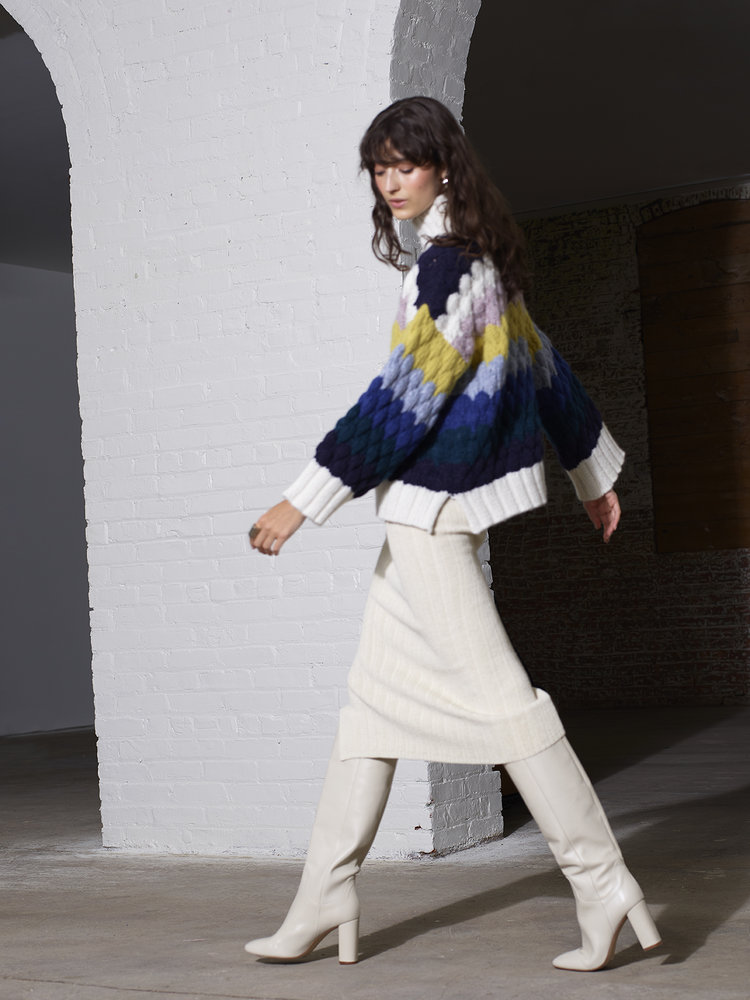Awareness about sustainability within the fashion industry has grown massively in the past few years and while we are taking steps in the right direction often for consumers it can be a minefield of information and conflicting opinions about what sustainability means. It can often leave you feeling confused and overwhelmed rather than informed about how to purchase fashion in an ethical way. This article aims to provide the key points on how to shop more ethically as well introducing you to some of our best eco-friendly fashion brands at Wolf & Badger.
What is sustainability and why is it important?
We all know cars are bad for the environment, we can physically see the fumes being emitted into the atmosphere. However, with fashion many of us are unaware of the environmental and social impacts as we can’t physically see them. How many of us know where our clothes are made and who by? In what conditions? And what effects our clothing has on the environment? While we may not know the answers to these questions there are brands who are working to answer them.
At the end of last year the IPCC said that we have just 12 years to limit climate change otherwise there will be devastating consequences, while this statement is daunting to say the least, it means we need to start considering the impact of our purchases if we want to save the planet. While these facts may not be good news there are many designers out there making amazing products from sustainable materials that are far superior to their high-street counterparts, meaning you don’t have to sacrifice to save the planet. Below we have compiled a guide of what to look for when shopping ethically and a few product and brand suggestions to get you on your way.
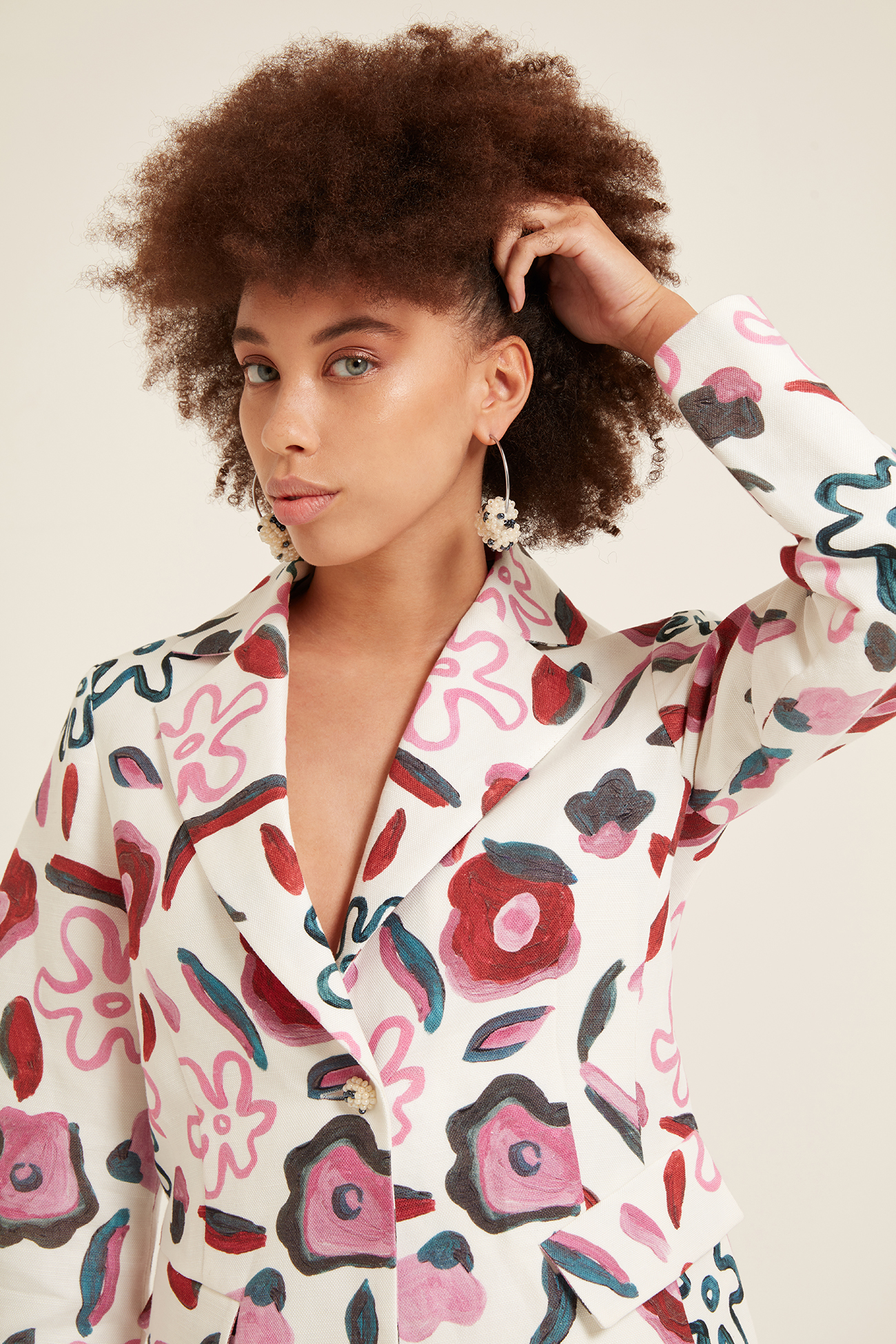
What to look for when shopping ethically:
There are lots of improvements to be made within the fashion industry and it is difficult to successfully tick all the boxes. Therefore, choosing which sustainable and ethical stand-points are most important to you is a great place to start, research the brands and make an informed decision.
Fair Wages
The majority of high street clothing is made in places such as Bangladesh and Cambodia and these workers can earn as little as 38p an hour. In order for you to get a £5 t-shirt costs have to be cut somewhere and usually it is the workers that pay the price. Although often difficult to find, if you can, find brands that pay their workers an actual living wage (not just minimum wage) and provide safe, clean working environments in factories which have been externally audited by a good organisation; it is a great way to make an impact with your purchasing power.
Eleven Six work with a women’s cooperative of artisans in Bolivia and Peru to produce the more novelty and eclectic items in their collections. This opportunity empowers the women and the entrepreneurial environment allows them to thrive. The women use traditional textile techniques such as hand knitting, macramé, crochet and hand weaving to create high quality pieces.
Traceability & Transparency
This leads onto the next point, traceability and transparency. One of the most important things that a truly sustainable company should do is provide genuine information (not just vague statements) about where their product is made and the suppliers they use. This is important as it helps the brand to hold some accountability for human rights issues, working conditions and the environmental impact. Doing this will help to prevent disasters such as the Rana Plaza accident which happened in 2013. The collapse of this factory was the 4th largest industrial disaster in history and yet working conditions in many factories still haven’t improved. It is impossible for businesses to ensure these events don’t happen again without knowing where their products are manufactured.
Womenswear designer Sabinna publish their supply chain on their website so that the consumer can find out exactly where the wool and cotton are grown right through to the factory the items are made in. They work with sustainable fabric suppliers and manufacturers to ensure the product is not only of superb quality but is also made fairly. Many of our brands have opted to make all their products in the UK. Not only does this lower carbon emissions as shipping distances have been drastically reduced but it also helps support local industries and allows the designers to monitor factories more closely, ensuring working conditions are up-to standard. Gung Ho’s and Dansez’s collections are just two of our brands which create pieces which are handmade locally using sustainable fabrics.
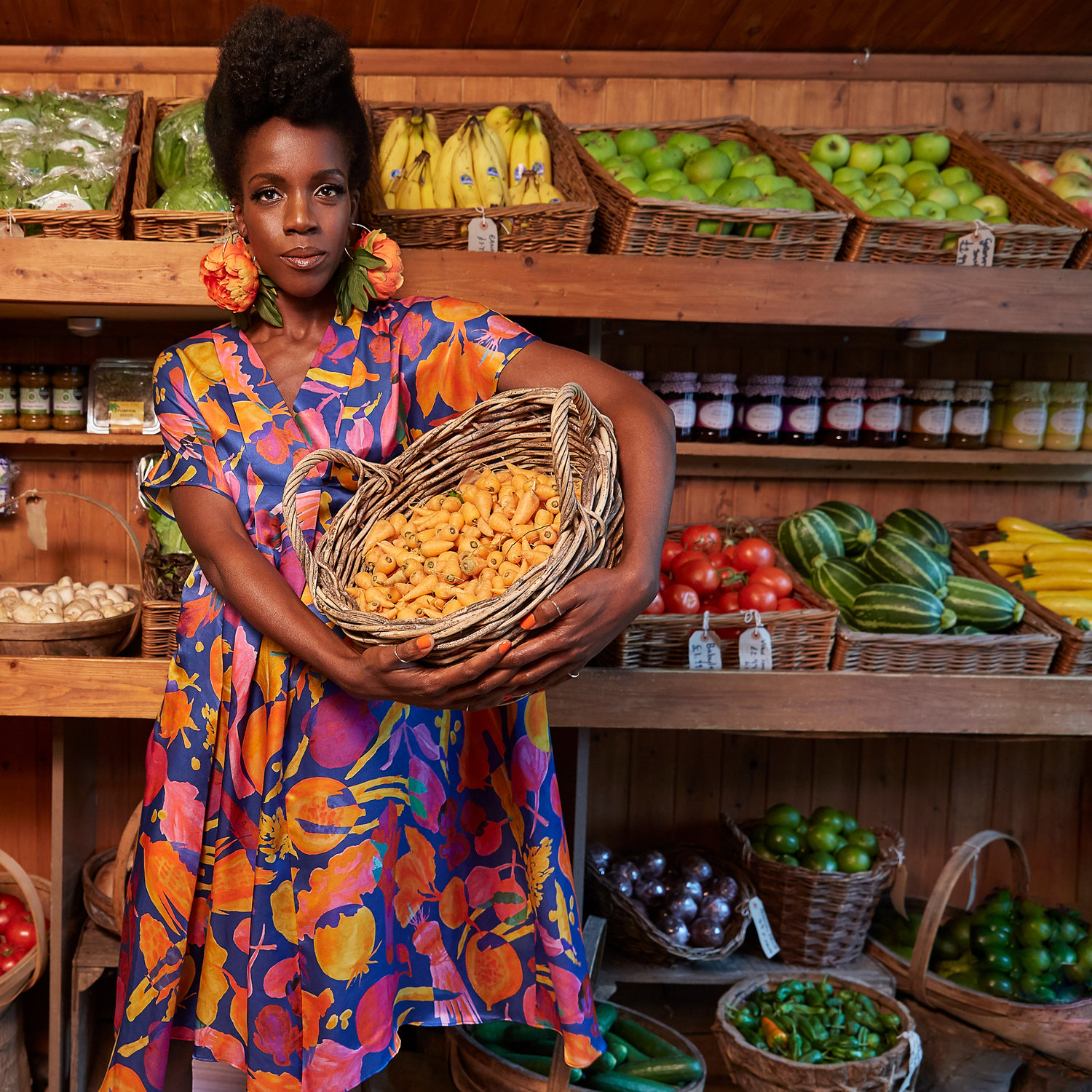
Caring For Garments
Once we have purchased our garments it is important that we look after them in order to prolong their life, this can start with simple things such as simply washing your clothes less, only when they really need to be cleaned. It is also important that you consider how many times you will wear the item of clothing before you purchase it. As a society our consumption habits have drastically changed; we buy 400% more clothing today than we did just 20 years ago. Often we will wear these clothes a few times before we throw them out. Isn’t it time we splurged a little on high quality garments that are made to last rather than opting for cheap clothing that will look shabby after a few washes? Cherish your clothes and buy timeless pieces that will last years. And when the time has come that they have served their purpose either recycle them or donate to charity if they are still in good condition. In Spring 2017, £235 million worth of clothing went to landfill, which is a shocking amount of waste. We love K M by Lange’s approach to slow-fashion with timeless, high quality pieces which you will be wearing for years to come.
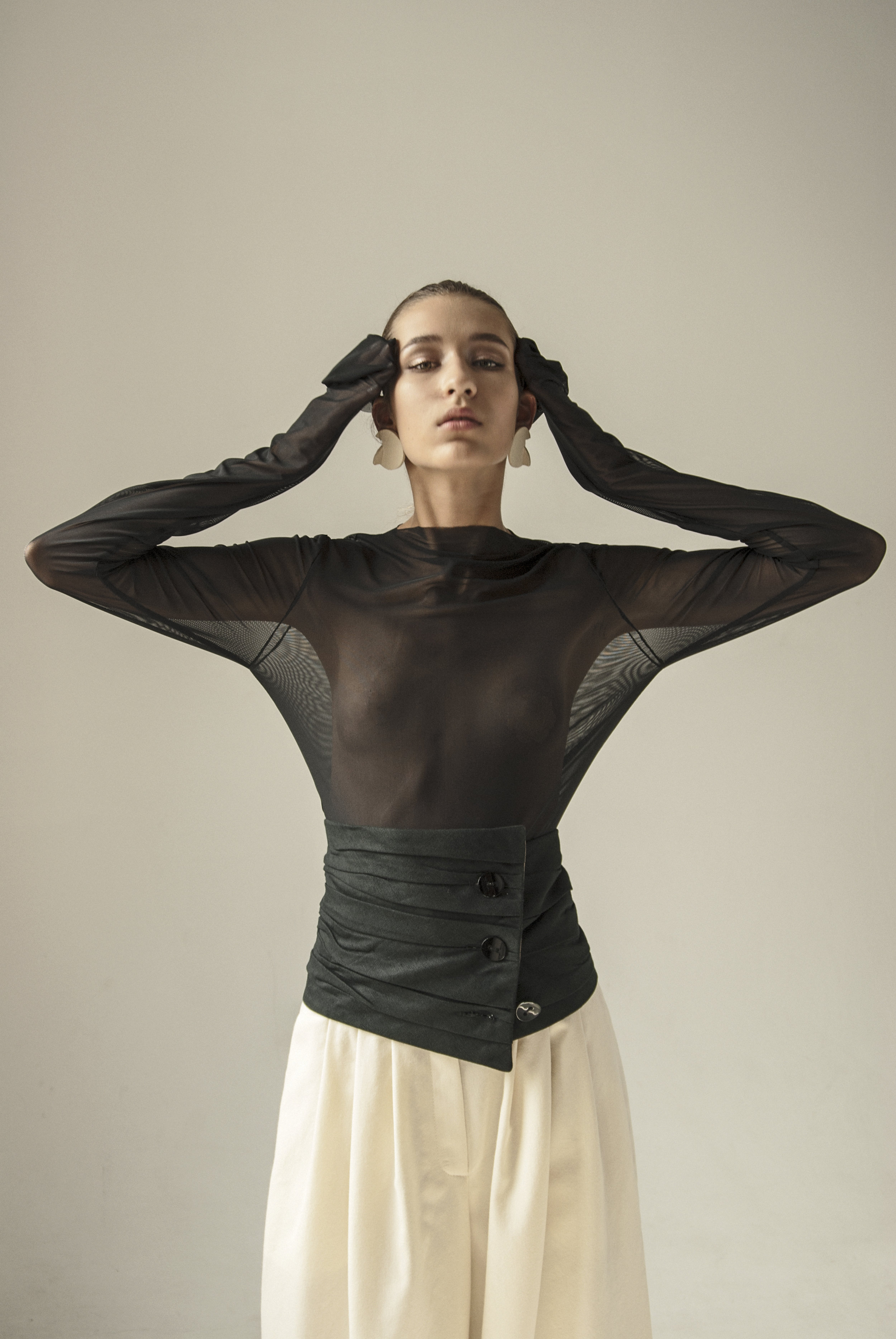
Looking for natural fabrics and dyes
Looking for the most sustainable fabrics is a tricky one. However, opting for natural fibres such as wool and cotton is a good place to start. While natural fabrics still have their down-falls (it takes 2700 litres of water to make just one cotton t-shirt) ultimately natural fibres will biodegrade while synthetics will not. While silk is a natural fibre often the silk-worm is killed in the process of extracting the fibre, however there are alternative options for sustainable silk which doesn’t harm the worm or opting for “bamboo silk” instead. Another factor to consider is that dying clothing releases toxic chemicals into rivers and waterways, which can be extremely damaging to the health of the people who rely on this water. This is where natural coloured organic cotton can be a great alternative as it doesn’t need to be dyed. As well, there are natural dye alternatives. Bo Carter not only details all the fabrics she uses in her collections (bamboo silk and wild “vegan” silk included) but she also uses low impact chemical dyes, the waste is naturally treated so the water can be recycled and the waste used as fertiliser.
There has been a lot of innovation in terms of sustainable fabrics and using alternative materials. Using food and plants to make fabric is one example. Leticia Credidio used seaweed in her latest sleepwear collection, a bonus of using the material is that seaweed provides moisturising properties for the skin and so makes a great choice of fibre to help hydrate your skin while you sleep.
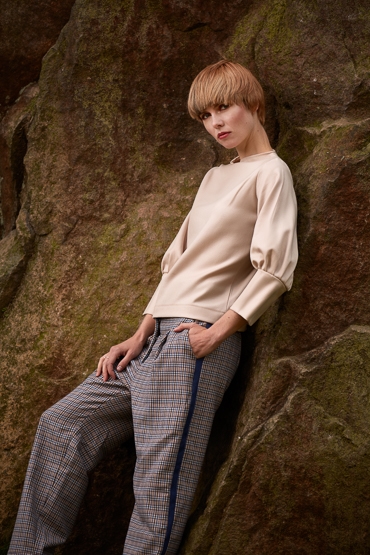
Shopping Vintage & Secondhand
One of the most ethical ways to shop is by purchasing vintage and secondhand. By shopping secondhand you are not using any further resources as the garments already exist. Furthermore, you can be safe in the knowledge that you have picked up an item which is one-of-a-kind and no-one else will have. Be sure to check out The Vintage Twin concession in our Coal Drops Yard store to pick up a vintage treasure.
Ethical Bloggers and Influencers
There are many influencers who focus on sustainable fashion as well as a whole host of websites to educate yourself if you wish to learn more about fashion’s impact. Fashion Revolution is a great source of information and their campaign #whomademyclothes has helped to improve transparency within the fashion industry. Eco-Warrior Princess is fantastic for tips on how to shop more ethically. Their Instagram mixes great visuals with short bursts of thought-provoking content. Francesca Willow from Ethical Unicorn is an advocate for sustainable living and social justice and writes some incredibly informative pieces with beautiful photography. Finally, The Ethical Writers is a great page to follow on Instagram if you want to find more writers and creatives who are passionate about improving the world.
Shop the article
Read more
ENVIRONMENT
How Often Should You Wash Your Clothes?
Are you over laundering your clothes? The process of washing our clothes is...
ENVIRONMENT
Sustainable Surfing: Finding The Best Waves In The UK
You might think of surfing as a pretty safe bet when it comes to sports that...
ENVIRONMENT
Designing With The Ocean In Mind
As lockdown hit in 2020, and people were bound to their homes, nature...
ENVIRONMENT
Why Water Is The Perfect Tool To Help You Relax
As the summer weather (finally!) kicks in and the thought of our social...
ENVIRONMENT
Let’s Shift The Dial From Fast Fashion To Sustainable Fashion
Did you know clothing production is the third largest manufacturing industry...
